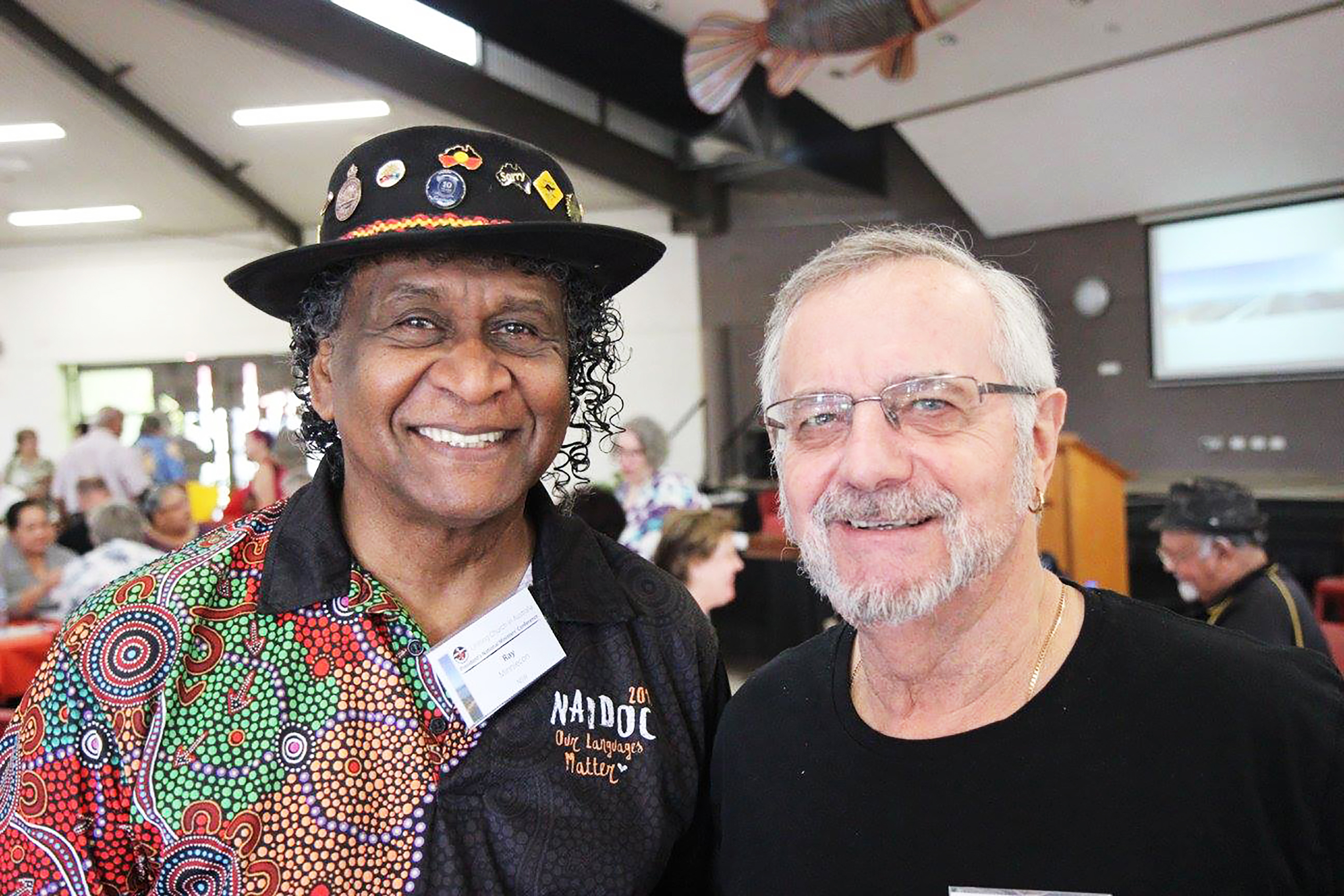I recently had the privilege of attending the President’s Conference in Darwin. The conference focused on what it might mean for the church to acknowledge the sovereignty of the First Peoples of this country and to seek a treaty with them. The theme arose from a commitment at the last Assembly meeting to explore the implications of Treaty and sovereignty for the life of the Church.
To enter into a conversation about Treaty and sovereignty requires us to be truth tellers.
At the heart of the founding of the nation of Australia is a story of violent dispossession. Frontier wars, incarceration, missions, reserves, stolen children and assimilation policies are all ways Second Peoples have sought to make Indigenous people invisible, because the presence of First Peoples challenges the key founding myth of Terra Nullius – nobody’s land.
The deliberate and planned dispossession of Indigenous people has created structures of power and privilege for those who stole the land, and leaves Indigenous people marginalised in their own country. For many, not only has their land been taken from them but also their language. Important Indigenous landmarks have been moved or destroyed in much of Australia.
At the conference, we were challenged to ask ourselves as a church ‘Are we willing to be truth tellers?’ ‘What role can the church play in helping our nation to tell the truth? ‘Will we allow the truth to set us free as a church and nation?’
In this year when we celebrate the 40th anniversary of the Uniting Church, we need to acknowledge that the Church was founded with almost no involvement of, or engagement with, the First Peoples of this land. It would be another eight years after Union that the Uniting Aboriginal and Islander Christian Congress came into being and many decades before the Preamble to the Constitution of the UCA formally witnessed to the truth of colonisation.
Many of us Second Peoples have barely allowed these things to touch us, let alone allowed them to break us, reshape us and remake us.
I wonder if at this time the Spirit is calling us to ask what it might truly mean to be an Australian church?
Are we willing to find the resources to enable the First Peoples in the Uniting Church to further develop Indigenous theology?
Will we Second Peoples listen deeply to First Peoples’ lives and theology and allow it to actually change us and how we live as church in this land?
Will we acknowledge the image of the divine in the First Peoples of this land and seek ways to hear their stories of faith and spirituality?
These conversations are essential if we are to live out our synod Vision and Mission Principles of walking together as First and Second Peoples. I invite you to think about how your congregation or faith community can acknowledge the First Peoples of your region.
If you haven’t already done so, find out the name and language of the First Peoples of the place where you worship.
Listen to their ancient stories and discover more deeply how God has been present in this land for all time.
Learn about the stories of contact between indigenous people and the coloniser.
I encourage you to develop relationships with Indigenous people and organisations in your area. Listen to their stories, hear their struggles, witness their courage and cultural pride.
In these ways we will take some steps on the journey towards walking together as First and Second Peoples.
Sharon Hollis
Moderator



Comments are closed.